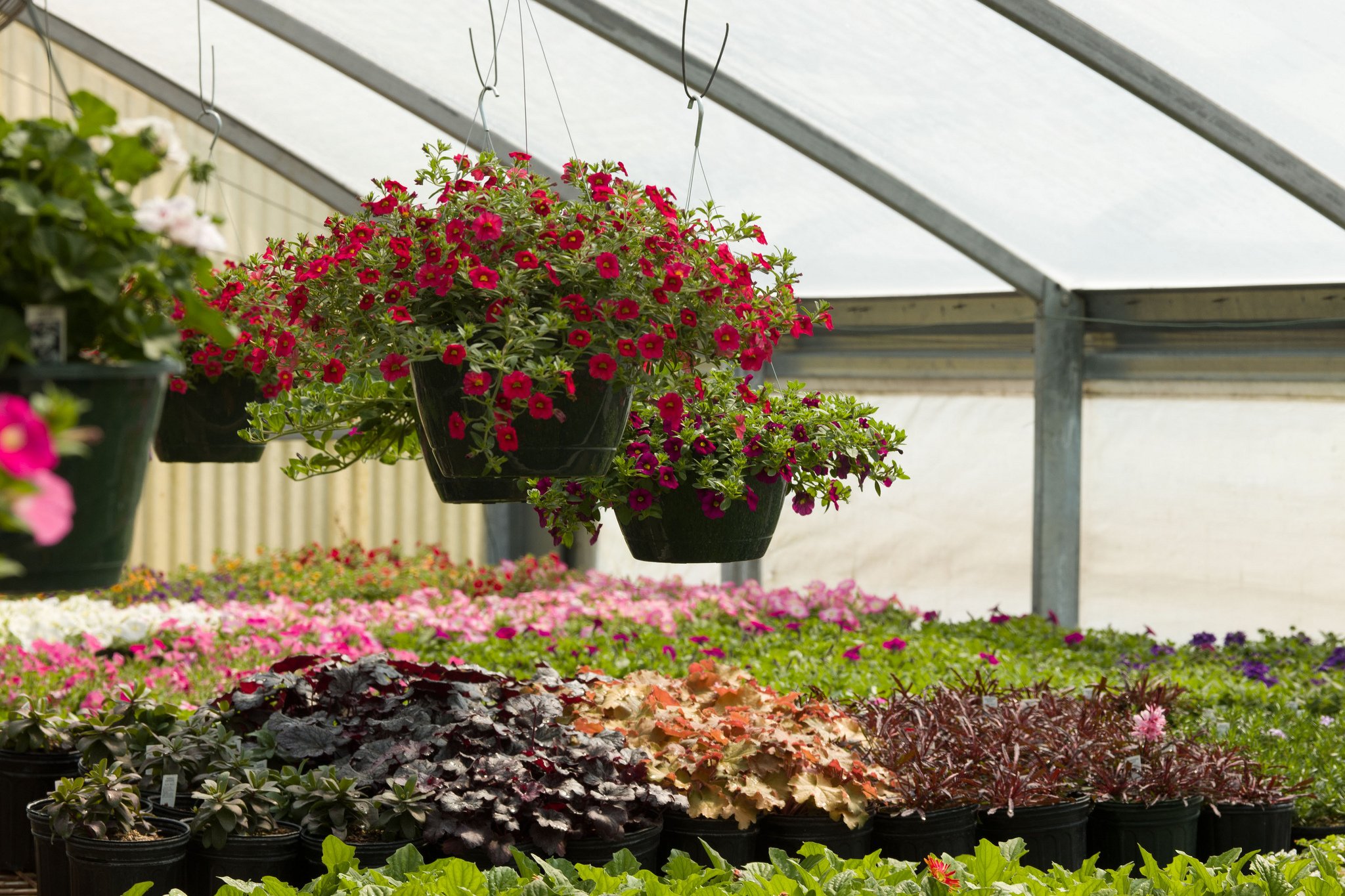
Value-added agriculture generally focuses on production or manufacturing processes, marketing, or services that increase the value of primary agricultural commodities, perhaps by increasing appeal to the consumer and the consumer's willingness to pay a premium over similar but undifferentiated products. Examples could be selling cheeses or ice cream instead of milk or allowing customers to U-pick their produce for a farm experience.
According to the USDA, a value-added addition is usually a worthwhile investment because it generates higher return and helps create brand identity or develop brand loyalty.
Since value-added is considered by some to be a movement that could significantly change production agriculture and provide opportunities for rural America, the Value-added Producer Grant Program (VAPG) has been part of the farm bill since 2002. The application deadline for the 2024 VAPG is April 11 and should be submitted through the USDA Rural Development office.
There are many resources available to help Kentucky farmers enter the value-added product market, including various programs of the Cooperative Extension Service, the Kentucky Proud and Farmers Market programs through the Kentucky Department of Agriculture, and the Kentucky Farm Bureau Certified Farm Market program.
Where to Start
The Kentucky Center for Agriculture and Rural Development (KCARD) is a non-profit organization established to facilitate agricultural and rural business development in Kentucky. They provide educational opportunities, technical assistance, and business support services to new and existing agribusinesses. This includes finding sources of funding and reviewing business and marketing plans.
The UK Food Systems Innovation Center was created to assist processors, producers and entrepreneurs to maximize their market capabilities by having access to UK's technical and business expertise and applied research solutions.
They offer consultations, services and training to help every producer, from small start-up processors to long-standing companies. The FSIC can help determine consumer acceptance of a product; identify potential flavor, visual and other sensory issues; and provide feedback. They can also help you comply with the latest product and nutrition labeling requirements.
Related News
Value-Added Marketing Assistance
The Certified Farm Market (CFM) program is a directory of farm market operations that are committed to providing customers with locally grown, quality products, and service.
Homegrown by Heroes was founded by the Kentucky Department of Agriculture in partnership with the Farmer Veteran Coalition in January 2013. The new marketing initiative aimed to highlight farmers and agricultural producers located in the Commonwealth who serve or have served in any of the branches of the United States Military.
The Kentucky Proud program was created to link producers and consumers while providing information on the hardworking businesses that deliver the state’s highest-quality agriculture products.
The Food Connection exists to serve farmers, food producers, students, and consumers through creative strategies for a vibrant, healthy, sustainable food economy.
MarketReady helps farm suppliers manage food safety, insurance, product quality, traceability risks, and much more so they will succeed in today's markets and keep farming.
The Food Systems Innovation Center (FSIC) was created to assist processors, producers and entrepreneurs to maximize their market capabilities by having access to UK's technical and business expertise.
“With the number of people with dementia increasing with the aging population, it’s critical to find changes that we can make to delay or slow down the development of cognitive problems,” says Dr. Russell Sawyer of the University of Cincinnati.
This season, OAK’s Organic Production Specialist (Sarah Geurkink) provided technical assistance to Brian. They discussed his production systems, his plans for scaling up, and options for fertility, weed, and disease management.
Kelly Riley cuts sunflowers for the popular bouquets she sells every week at farmers' markets in Georgetown and Lexington.
Find your local farmer’s markets at the image link and support Kentucky agriculture and your community!
May is almost here, which means backyard gardening, trips to agritourism venues, and farmers’ markets are about to be in full swing! The local, fresh fruits and vegetables we have been waiting for all winter are finally readily available to us. But have you ever wondered where to find it?
In an area of the state known more for its storied coal industry than agriculture, a group of former coal miners have taken a reclaimed surface mine and turned it into the largest apple orchard in Kentucky.
The story of Woodstock Lavender Farm & Co. starts with $600. L.G. Colyer — the father and grandfather of owners Mary May and Allison Horseman — borrowed that sum to buy a farm in northeastern Pulaski County.
The days of tobacco being the king crop in Kentucky are in the rear-view mirror, but the once top crop still holds a place in Kentucky's diverse agricultural environment.
On a pleasant day in early August, Hempwood employees in Calloway County were sending round bales of hemp through the manufacturing process that turns hemp fiber into lumber.
“A lot of new people are exploring local seasonal eating for the first time, but there’s a learning curve when you get that weekly basket of fresh food. It can be daunting. We want to support people, so they feel comfortable and confident when working with local seasonal produce,” Brislen said.

















